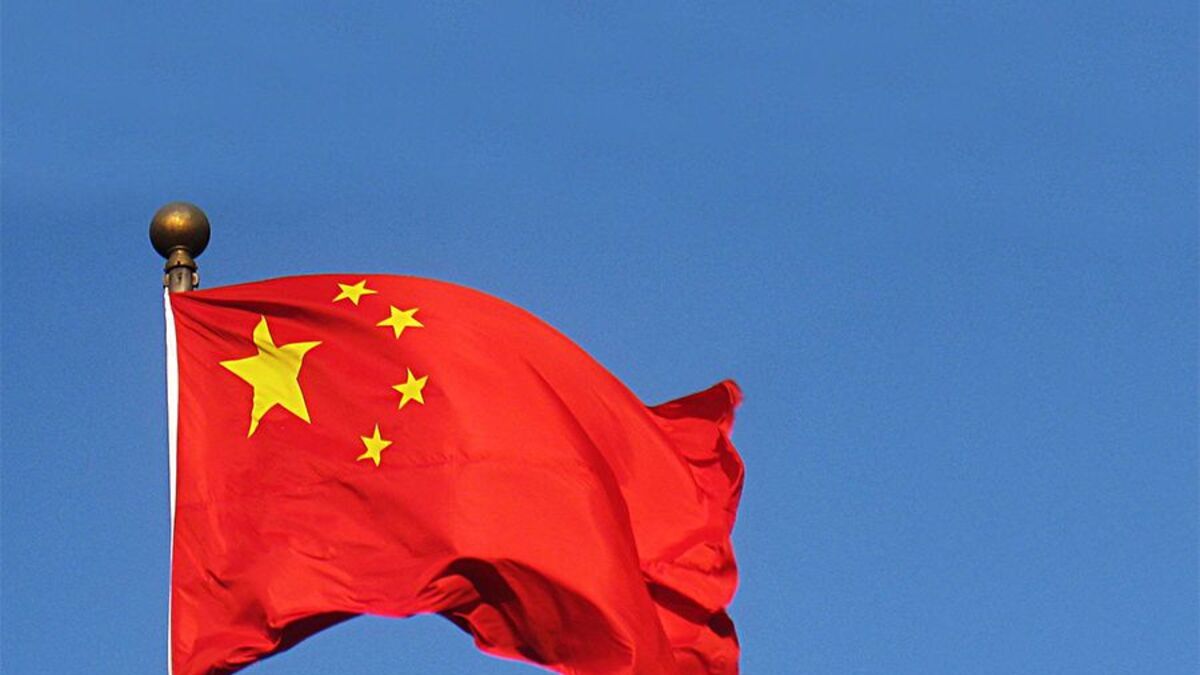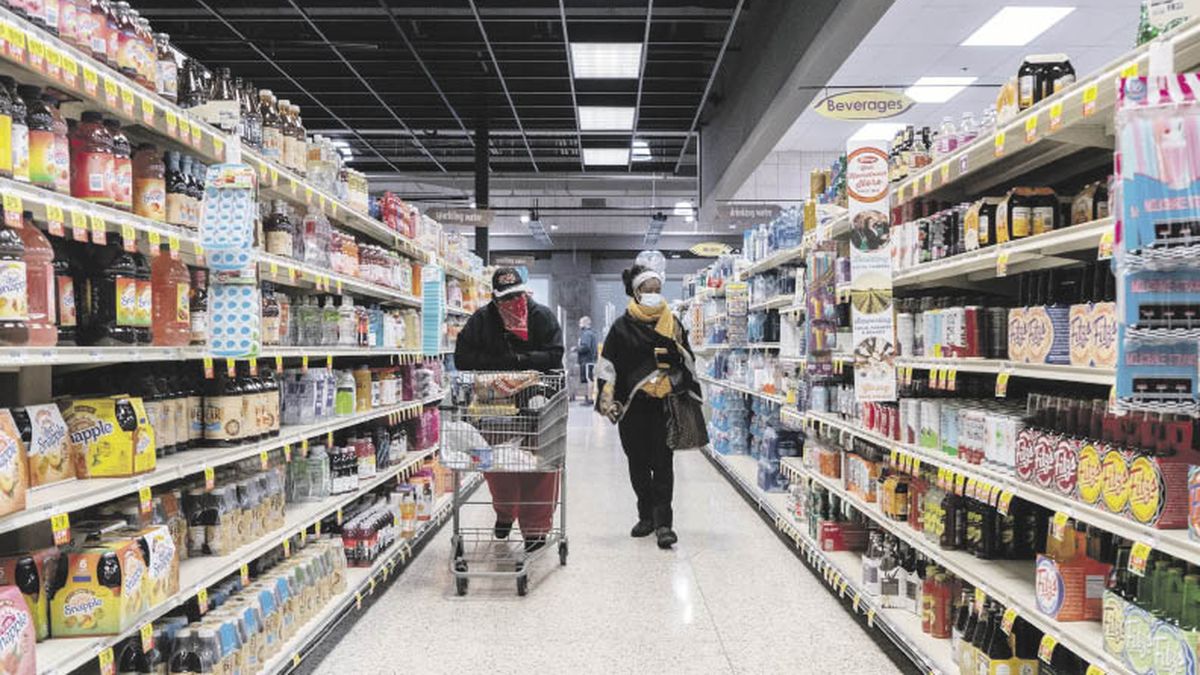However, the figure is behind Beijing’s annual target of 5.5%, and the accumulation during the first three months was 1.3%, a more moderate growth compared to the last quarter of 2021 where it stood at 1.5%.
The slowdown in the growth of the world’s second economy had begun in the second half of 2021 as a result of the decline in the real estate sector (one of the main sectors of the economy) and the outbreak of coronavirus.
After a period of relative calm, contagions flared up again since mid-March, prompting the Chinese government to reintroduce, as part of its zero-tolerance policy, full or partial lockdowns in 45 cities, including Shenzhen – which later After a week of confinement, he lifted his restrictions – and, currently, Shanghai.
“In general terms, the national economy in the first quarter continued with the momentum of recovery, behaving within a responsible range,” the statistical office said, according to the AFP and Europa Press agencies.
However, the institution warned that “with the national and international environment becoming increasingly complicated and uncertain, economic development faces significant difficulties and challenges.”
Chinese growth was led by the primary sector, which registered a year-on-year expansion of 6%, while industry and services grew by 5.8% and 4%, respectively. Meanwhile, retail sales grew 3.3% and investment in fixed assets grew 9.3%.
For economists, although the data exceeded their expectations, they were driven by growth in January and February, masking the weakening in March, the month in which, to the outbreaks of Covid, we must add the impact of the war between Russia and Ukraine.
“March activity data suggests that China’s economy has slowed, especially in domestic consumption amid lockdowns in Shenzhen and Shanghai, as well as mobility restrictions imposed in various parts of China,” said Tommy Wu, an economist. of Oxford Economics, who indicated that the impact of said measures “could extend until May or even beyond”.
In that sense, if only March is considered, retail sales fell 3.5% annually, in the first decline since the pandemic began in 2020; while the unemployment rate increased to 5.8%, compared to 5.5% in February, the highest figure since May 2020.
Likewise, the impact of the confinement raises concern about the possible impact on global supply chains, as Shanghai is one of the busiest ports in the world.
Julian Evans-Pritchard, China analyst at Capital Economics, stressed that “unless things improve very soon, it’s hard to see growth not slowing further in the second quarter.”
Likewise, he questioned the moderate stance of China’s monetary policy which, despite the fact that it reduced bank reserve requirements last Friday, did not reduce interest rates or inject more liquidity into the economy, which made it possible to reduce the effects of restrictions.
Source: Ambito
David William is a talented author who has made a name for himself in the world of writing. He is a professional author who writes on a wide range of topics, from general interest to opinion news. David is currently working as a writer at 24 hours worlds where he brings his unique perspective and in-depth research to his articles, making them both informative and engaging.




